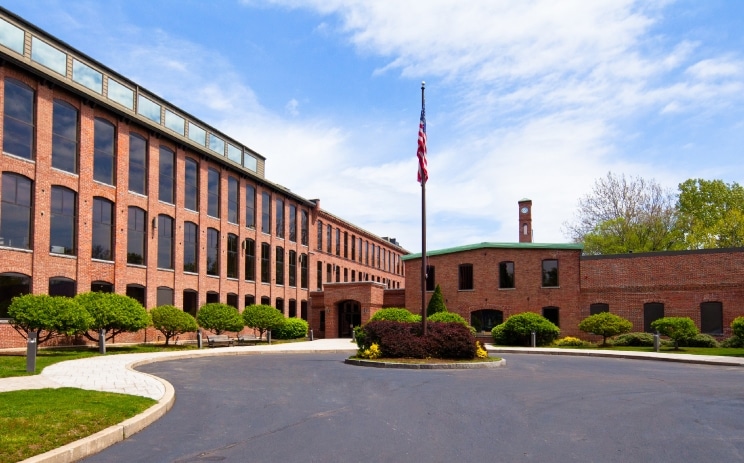Americans are increasingly optimistic about their own financial prospects, but they are also ill-prepared for retirement, struggle to cover emergency expenses and cite financial obstacles to homeownership, a new study from the Federal Reserve Board showed this week.
According to the Fed’s 2014 Report on the Economic Well-Being of U.S. Households, 65 percent of respondents reported that their families are either “doing okay” or “living comfortably,” compared with 62 percent who said as much in 2013. Further, 29 percent said they expected their income to increase in the year ahead, compared with 21 percent who gave the same answer in 2013.
But if Americans are increasingly optimistic about their financial situations, they are also often poorly prepared for financial realities like retirement and medical costs. Among the findings:
- 47 percent of respondents said they would not be able to cover an emergency expense of $400 or more without selling something or borrowing money;
- 31 percent said they had gone without some form of medical care in the previous 12 months because they could not afford it;
- 20 percent said their spending exceeded their income in the prior 12 months;
- 39 percent of non-retirees who responded said they had given little or no thought to financial planning for retirement, and 31 percent said they had no retirement savings or pension.
The Fed’s study also examined the question of homeownership. Homeowners themselves were more optimistic about the trajectory of their home values, with 43 percent of those respondents (who had owned their home for at least a year) telling the Fed that they believed the value of their home had increased since 2013, 37 percent saying they believed it was about the same and just 13 percent believing their home’s value had declined. The lion’s share of home owners with a mortgage (70 percent) reported that the value of their home exceeds the amount of their mortgage, and just 14 percent said the opposite.
By contrast, renters generally expressed a preference for homeownership, but cited financial barriers to that goal, with 50 percent saying they could not afford the necessary down payment and 31 percent believing they could not qualify for a mortgage.
The Fed also surveyed its nearly 5,900 respondents on questions about banking and credit, revealing yet more gaps between expectations and reality.
- 60 percent of respondents said they were either somewhat or very confident they would be approved for a mortgage if they applied;
- Just under one-third of respondents who actually had applied for credit over the 12 months preceding the survey said they were either turned down or received less credit than they had applied for;
- 76 percent said they had at least one credit card, and 56 percent of those respondents said they had always paid their credit card bill in full over the previous year;
- One-fifth of respondents had no bank account or had used some type of alternate financial service over the prior year.
The full study can be found here.




 |
| 
